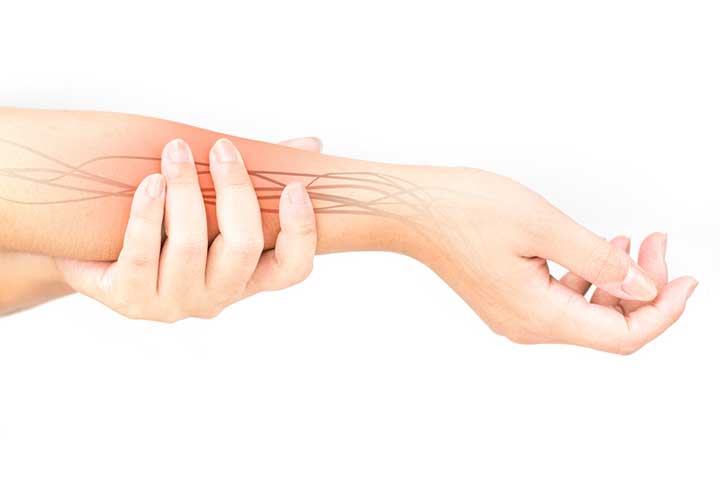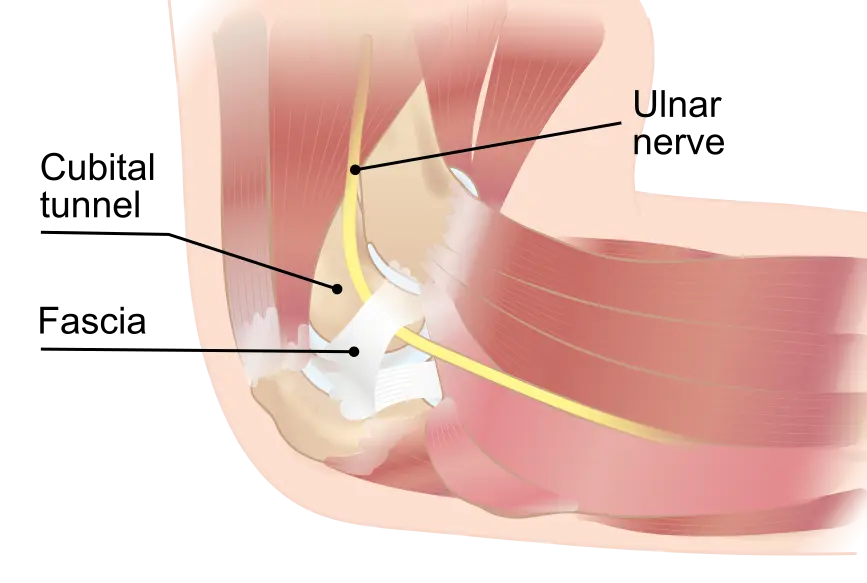Causes of Nerve Damage
Injuries
Physical trauma, such as accidents, falls, or sports injuries, can directly damage nerves.
Diseases
Certain diseases and medical conditions can contribute to nerve damage. For example, diabetes (diabetic neuropathy), autoimmune disorders (e.g., Guillain-Barré syndrome), chronic alcoholism (alcoholic neuropathy), and certain infections (e.g., Lyme disease, HIV) can all lead to nerve damage.
Toxins
Exposure to toxins, such as heavy metals or certain medications, can damage nerves.
There isn’t a single nerve that’s most likely to get damaged, as it depends on the underlying cause and location of the injury or disease. Peripheral nerves, which extend from the brain and spinal cord to various parts of the body, are commonly affected.
Likelihood of Nerve Damage
People who have certain risk factors, such as diabetes, long-term alcohol abuse, a history of traumatic injuries, or a family history of nerve disorders, may be more prone to nerve damage. However, nerve damage can affect anyone under various circumstances.
Genetics and Nerve Damage
Genetics can play a role in the development of nerve disorders. Some genetic disorders are directly associated with nerve damage, while certain genetic factors might make an individual more susceptible to nerve damage caused by external factors.
Prevention of Nerve Damage
Managing underlying conditions
Proper management of diseases like diabetes or autoimmune disorders can reduce the risk of associated nerve damage.
Safety measures
Taking precautions to prevent injuries, such as using proper safety equipment during physical activities, can minimize the risk of nerve damage from accidents.
Healthy lifestyle
Maintaining a balanced diet, avoiding excessive alcohol consumption, and not smoking can promote overall nerve health.
Medication management
Being aware of potential side effects of medications, especially those that might cause nerve damage, can help prevent issues.
Regular check-ups
Routine medical check-ups can help identify and address early signs of nerve damage.
Remember, if you’re concerned about nerve damage or any related symptoms, it’s important to consult a medical professional for accurate diagnosis and appropriate guidance.
Embrace the opportunity to gain invaluable insights into your nerve health through EMG testing at Houston EMG. Our dedicated team is here to guide you on this journey toward better well-being. Don’t wait any longer – take that vital step in understanding and addressing any nerve-related concerns you may have. Your path to enhanced comfort and health is just a call or click away. Reach out to us today and pave the way for a future of optimal nerve health and vitality.





